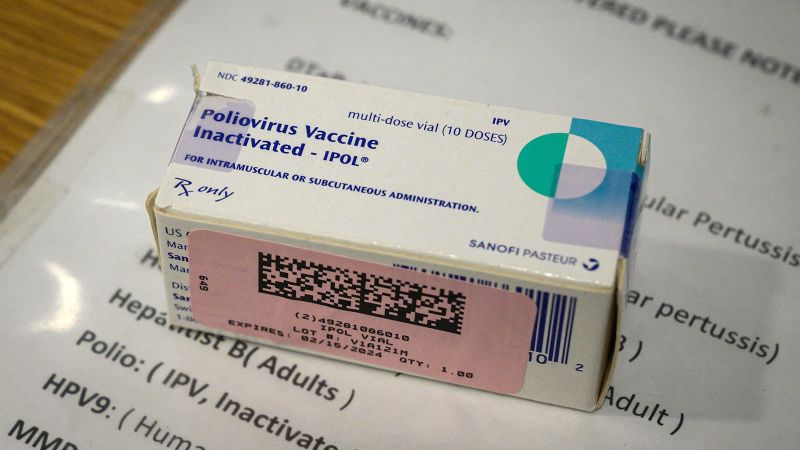In a complex interplay of politics and public health, President-elect Donald Trump has voiced both support and skepticism regarding the polio vaccine. While he hailed it as the “greatest thing,” a lawyer associated with Trump’s choice for director of the U.S. Department of Health and Human Services has filed a petition asking the U.S. Food and Drug Administration (FDA) to revoke its approval. This duality showcases the contentious nature of vaccine discussions in contemporary America.
The lawyer, Aaron Siri, submitted the petition in 2022 on behalf of the Informed Consent Action Network (ICAN), an organization that questions the safety and efficacy of vaccines. Siri has previously collaborated with Robert F. Kennedy Jr., a prominent vaccine skeptic and Trump’s nominee for the key health position. Additionally, Siri served as Kennedy’s personal lawyer during Kennedy’s own presidential campaign. This relationship raises concerns over potential conflicts of interest and the direction of health policy that could surface if Kennedy is confirmed.
The FDA is currently reviewing the petition. A spokesperson for the agency shared that they are unable to predict when the deliberations might wrap up. The FDA’s final decision will address the concerns put forth in the petition, and any responses will be made public. Should Kennedy take on the role at HHS, he could influence the FDA’s deliberation over increasing vaccine hesitancy and could potentially intervene in the process—an uncommon but not unheard-of move for a secretary of health.
In a recent interview with NBC News, Kennedy stated his stance clearly: while he does not plan to remove vaccines from the public health agenda, he emphasized the importance of informed choice, implying that individuals should be permitted the autonomy to decide about vaccination based on available information. Trump echoed some of these sentiments in an interview with Time magazine, mentioning that he may consider eliminating certain vaccines for children if he perceives them to be dangerous or not advantageous.
Despite these recent developments, Trump’s admiration for the polio vaccine remains clear. He reiterated its importance during an interview, stating that anyone advocating for its removal would have to present compelling arguments. This juxtaposition of his views on polio vaccination and vaccine skepticism highlights the division in public opinion regarding vaccine safety, particularly in light of the pandemic and growing anti-vaccine sentiment.
The petition filed by Siri specifically targets the inactivated poliomyelitis vaccine, which has been in use in the U.S. for over two decades. One argument within the petition claims that a controlled clinical trial was not conducted to validate the vaccine’s safety. However, public health experts argue that this perspective is misleading, as conducting such a placebo-controlled trial is often deemed unethical for vaccines. For instance, unvaccinated individuals would be left vulnerable to diseases that can lead to lifelong health complications.
Prominent voices in health advocacy have risen to defend polio vaccination. Senate Minority Leader Mitch McConnell, a survivor of polio, voiced concerns about undermining public trust in vaccines. He called for future administration officials to distance themselves from any anti-vaccine rhetoric, given that the polio vaccine has saved millions of lives and holds the potential for eradicating the disease entirely.
The historical context surrounding polio is crucial in understanding its vaccine’s significance. Before vaccines were available in the 1950s, polio was responsible for paralyzing and killing hundreds of thousands of individuals globally. The introduction of vaccines drastically curtailed these numbers, making eradication an achievable goal.
Siri’s assertion that the vaccine poses unknown risks is contradicted by the CDC, which reports that there have been no significant adverse effects documented concerning the inactivated poliovirus vaccine. Although rare allergic reactions can occur, they are far less dangerous than the diseases the vaccine protects against. Importantly, the type of vaccination available in the United States—administered via injection—does not carry the same risks as the oral vaccine used elsewhere, which can occasionally lead to vaccine-derived infections.
In essence, the debates surrounding the polio vaccine exemplify the complexities and the stakes of vaccine discourse in America. The intersection of public health, misinformation, and political affiliations underscores a pivotal moment in safeguarding public health initiatives against the backdrop of rising vaccine skepticism. As the FDA reviews the petition and the political landscape continues to evolve, the outcome could have far-reaching implications for public health policy moving forward.












